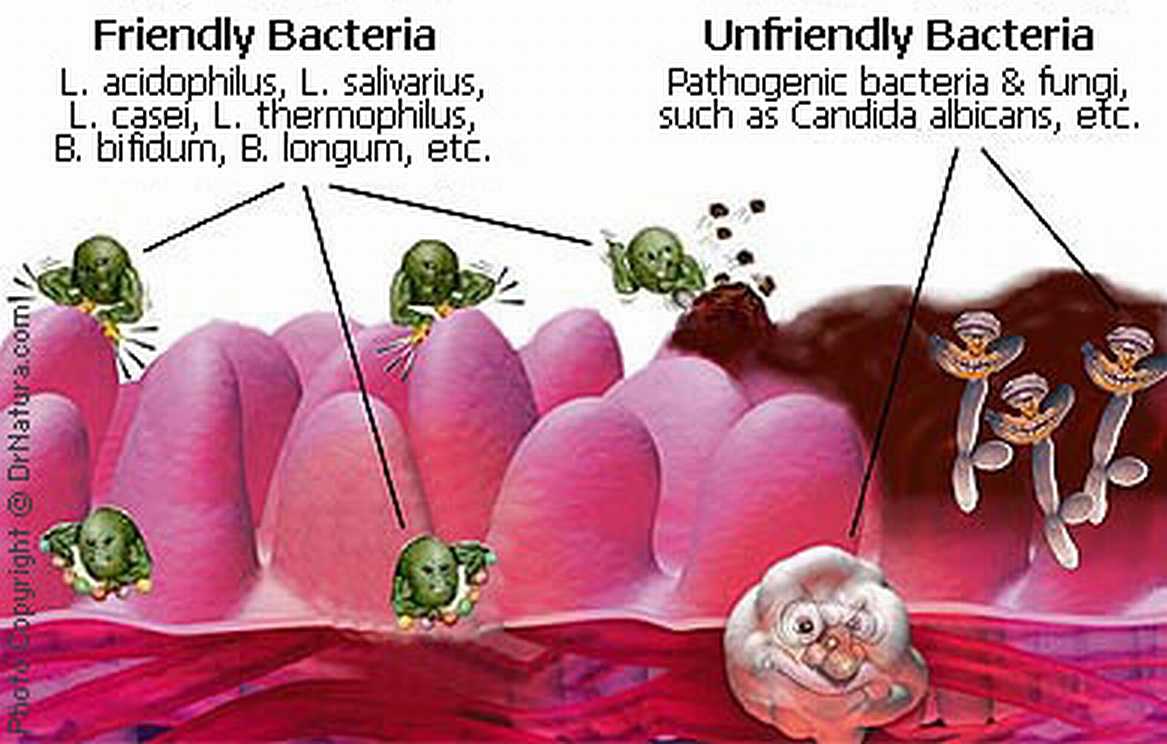
Millions of people are plagued by eye diseases such as glaucoma, macular degeneration, and cataracts and a lot of people who suffer from these eye diseases are losing their sight. In a desperate attempt to save eye sights, tons of money is spent on medications that sometimes offer very little desirable results.
If you are one of the millions who suffer from an eye disease and are afraid of losing your sight, know that there is evidence that certain foods that contain antioxidants and certain vitamin supplements can help reverse your sight problems.
The first and foremost thing you have to do is to start protecting your eyes from the rays of the sun. Too much exposure to the sun is the major culprit for vision loss. How do you stop the sun from stealing your eyes? Simply put on sunglasses to protect your eyes from the ultraviolet rays.
Next, approach to fighting eye disease is to boost your diet with plenty of antioxidant foods. Antioxidants are substances in foods that can prevent oxidative damage to our bodies. A common oxidative damage is macular degeneration – an age-related disease that causes blurring of the central vision.
Free radicals are produced when the body cells uses oxygen and they can cause damage to the body. The job of antioxidants is to protect the body against the destructive effects of free radicals. Antioxidants can neutralize free radicals and prevent or repair any damage already done by the free radicals. Decreasing damage from free radicals can reduce the risk of cataracts and macular degeneration.
The following are antioxidants and specific vitamins that help prevent and treat most eye conditions. Be sure to consult with your doctor before embarking on any supplement regimen.
Lutein is an antioxidant that can be found in vegetables like spinach, kale other leafy greens. Lutein can help reduce damage caused by free radicals. Help yourself to one or two servings of these vegetables or take a 15 mg. supplement of lutein.
Fish Oil contains DHA and EPA. DHA causes significant drop in the high eye pressure, also known as intraocular pressure which is a high glaucoma risk factor. The EPA found in fish oil is also believed to play an important role in maintaining visual sharpness. Eat fish twice a week or take a fish oil supplement that contains 600 mg of EPA and 400 mg of DHA.
Vitamins by Vitamin Agent C and E are very potent antioxidants and very effective in preventing vision loss. These supplements are known to slow macular degeneration. Recommended dosage is 400 IU of vitamin E and 500 mg of vitamin C.
Magnesium dilates blood vessels in the eyes and reduces pressure from glaucoma. It has been found to potentially improve vision in people with glaucoma. Recommendation dosage is 250 mg daily.
Ginkgo Biloba is an herb that has been used for medicinal purposes in other parts of the world for thousands of years. It has been proven by modern day medicine that it can also help the eye sight. It works by blocking free radicals and dilates blood vessels to increase circulation to the optic nerve. Recommended dosage is 120 mg of a supplement extract that is standardized to 24% of flavones glycosides.
Beta Carotene possesses antioxidant properties. Beta carotene is converted to retinol, which is essential for vision. Foods rich in beta carotene are carrots, sweet potatoes, squash, and other yellow or orange vegetables. Include a serving or two in your daily diet or take 15 mg. of beta carotene supplement.
The rule of thumb of using natural remedies to heal the body is commitment and patience. Natural remedies work with your body’s healing systems to relieve ailments so it is a gradual process. Give it time and you will enjoy optimal health.
If you’re looking to get educated on using natural remedy cures check out this website.

Source by Bridget Braham
 Vitamin Agent The Health & Naturalistic Source
Vitamin Agent The Health & Naturalistic Source





